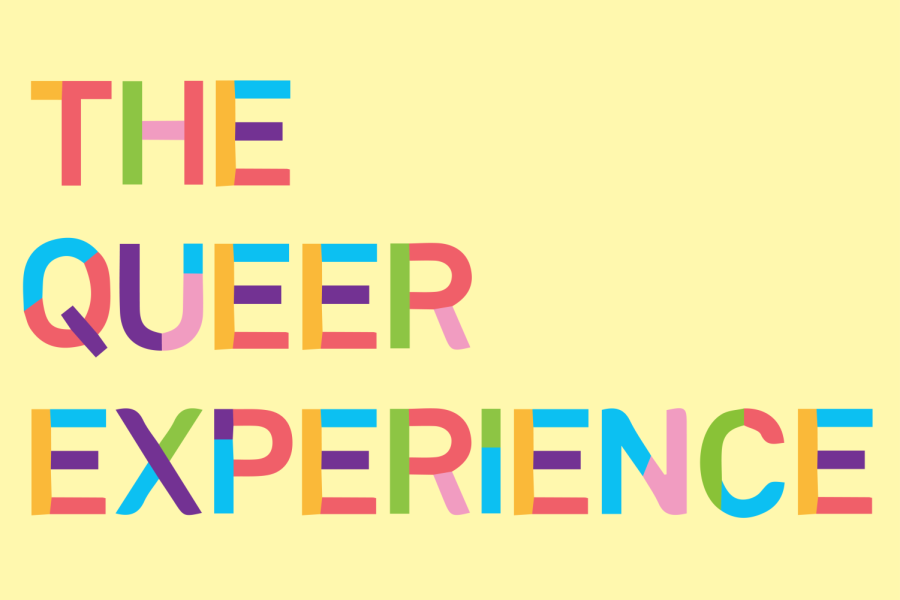In today’s world, the terms “gay” and “straight” mean very different things than they did 30 years ago. Many members of the LGBTQ+ community use the word “gay” as an umbrella term, covering a countless number of groups and identities. Obviously, someone’s identity and how they choose to present it are essential aspects of what make each person unique. I would like to dive into the idea of labels within the queer community. Why do we use them? Are they necessary? Are some identities more valid than others? I’d like to discuss my own journey with labels and share some of my thoughts about them.
When I was younger, and I realized I wasn’t straight, I spent many years trying to decide what label I fit within. I was attracted to multiple genders, so was I bisexual? Pansexual? What exactly is the difference? I also knew that sometimes I preferred one gender to another. What did this mean in terms of my sexual identity? After years of confusion, I decided that labels were not for me.
I was young at this point, so this decision was not based on my understanding of queer theory or vast experiences within the queer community. Instead, I chose to go with my instincts. I decided that my sexuality was my own to define, and I did not need to subscribe to a preconceived set of ideals. I did not feel like putting myself in a box.
This was my choice, and I am not stating that this is what works for everyone. Many times, the labels people choose to put on their identities provide them with a sense of community. Someone who decides the label that best matches their identity is “pansexual” is immediately a piece of something bigger than themselves. They are now a member of the pansexual community, and they can connect with people all over the world who have similar sexual identities. To many, a label is a form of expression. It’s their way to tell the world that this is who they are, and they’re not ashamed to say it.
Part of the reason I spent so long struggling with what to call myself is that I was afraid I wasn’t really part of the community without a label. I see this trend continuing today with teenagers and adolescents searching for a place to fit in. Like I did, they believe that they will not be welcomed into the community if they do not have a label to define them.
I think I speak for the vast majority of the queer community when I say that this is not true. I was welcomed by the community with open arms, and the only label I’ve ever put on myself is “queer.” I was astonished to learn how many other LGBTQIA+ individuals also identified simply as queer, or without a label at all.
One aspect I feel inclined to bring up is how the use of labels can actually harm the community. The few times I have ever been pressured to put a label on myself are when it comes from a cis-gendered, heterosexual individual. Those not within the community sometimes don’t understand the decision not to label your sexuality. This is because it makes them uncomfortable. Cishet people(someone who is both cisgender and heterosexual) like to be able to put queer individuals in boxes. Occasionally, they make themselves more comfortable by categorizing the queer people around them.
Additionally, micro-labeling can sometimes cause issues from within the community. There is an ongoing discourse within queer spaces about the difference between bisexuality and pansexuality, and if that difference actually exists. Some say that the very existence of a pansexual identity is biphobic and erases the reality of bisexuality. Others argue that the two orientations mean entirely different things and have virtually no overlap. These are two of the most prominent labels within the queer population, so it goes without saying that there is even more overlap and confusion within a lot of smaller labels.
I am in no way trying to say that the use of labels is inherently harmful or that people shouldn’t use them. I am simply sharing my perspective on why I decided to exist without labels. Many people in the community consider their labels to be incredibly influential as to who they are. No matter what your labels are, or if you even decide to use them, your identity is entirely valid.
To younger people or those new in the search for their sexual orientation, I will offer some advice: never sacrifice or restrict any part of your identity because it makes a cishet person more comfortable. If you don’t like the idea of labels or can’t find one that fits you well, you are still valid. You never need to change yourself or make yourself small to validate your queerness. Always remember that queer is loud, queer is big, and queer was never meant to be put in a box.
Zach Leach can be reached at [email protected] and followed on Twitter at @ZachLeach12.



















